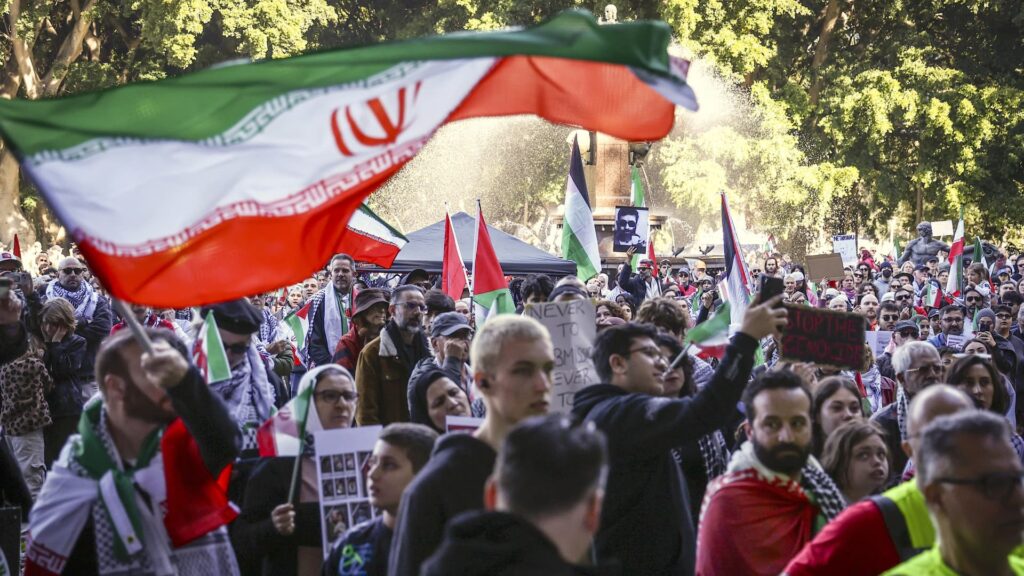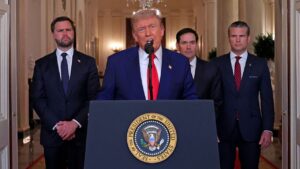
TEHRAN – In a dramatic escalation of regional tensions, Iran’s Foreign Minister Abbas Araghchi declared on Sunday that Tehran reserves all options to defend its sovereignty following the “outrageous” U.S. attacks on three major nuclear enrichment facilities.
Immediate Impact
The announcement comes as Iran launched its 20th wave of missile and drone strikes against Israeli military targets. According to Iran’s state-owned media Fars, these actions followed the U.S.’s unprecedented military intervention in Iran, which has significantly heightened geopolitical tensions in the Middle East.
Key Details Emerge
The U.S. strikes targeted the Fordo, Natanz, and Isfahan nuclear sites, marking the first direct military engagement by the U.S. against Iran. Araghchi warned of “everlasting consequences” and urged United Nations members to be alarmed over what he described as “dangerous, lawless, and criminal behavior.”
“In accordance with the UN Charter and its provisions allowing a legitimate response in self-defense, Iran reserves all options to defend its sovereignty, interest, and people,” Araghchi stated on X.
By the Numbers
- 3 – Number of Iranian nuclear sites targeted by U.S. strikes
- 20 – Waves of Iranian missile and drone strikes against Israel
- 0 – Reported radiation or contamination at nuclear sites post-attack
Industry Response
Meanwhile, U.S. President Donald Trump addressed the nation, lauding the strikes as a “spectacular military success” that “completely obliterated” Iran’s key enrichment facilities. However, these claims could not be independently verified. The International Atomic Energy Agency and Iran’s nuclear safety center reported no radiation leaks at the affected sites.
Background Context
The move represents a significant shift from previous U.S. policy, which had avoided direct military engagement with Iran. The timing is particularly significant because it follows a series of escalating hostilities between Israel and Iran, beginning with Israel’s surprise attack on Iranian targets last week.
Regional Implications
According to sources familiar with the situation, the ongoing conflict between Iran and Israel continues to destabilize the region, with both sides engaging in tit-for-tat military actions. The potential for a broader conflict involving other nations remains a concern for international observers.
Expert Analysis
Experts warn that the recent developments could lead to a prolonged conflict, with significant implications for global oil markets and regional security. “The risk of miscalculation is high, and any further escalation could have devastating consequences,” said Middle East analyst Dr. Sarah Jenkins.
What Comes Next
As the international community watches closely, diplomatic efforts to de-escalate the situation are likely to intensify. However, with both Iran and the U.S. standing firm in their positions, the path to peace remains uncertain.
The unfolding events underscore the fragility of the current geopolitical landscape and the urgent need for dialogue and restraint from all parties involved.







